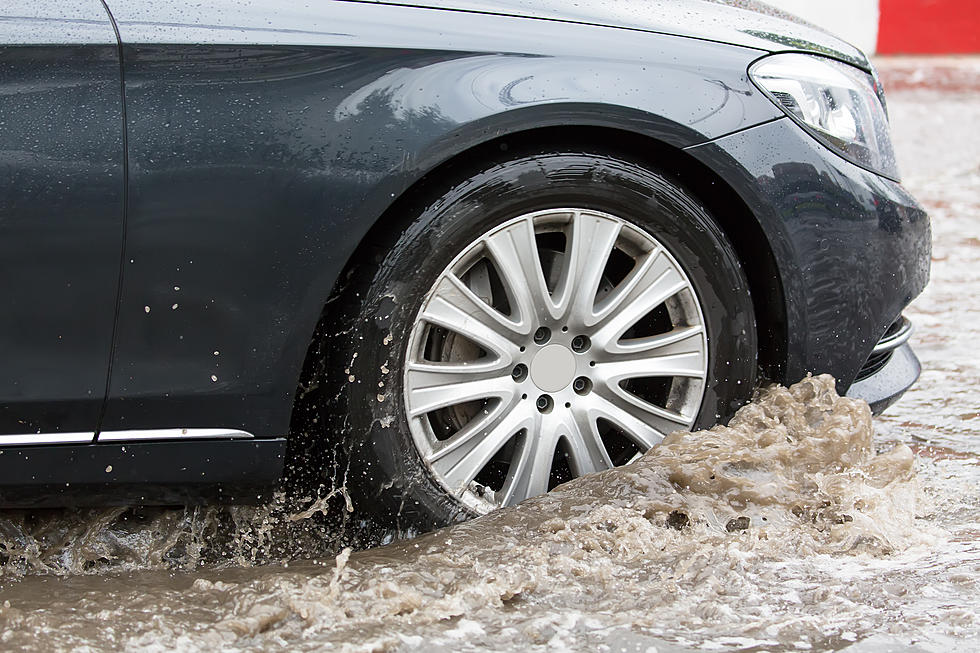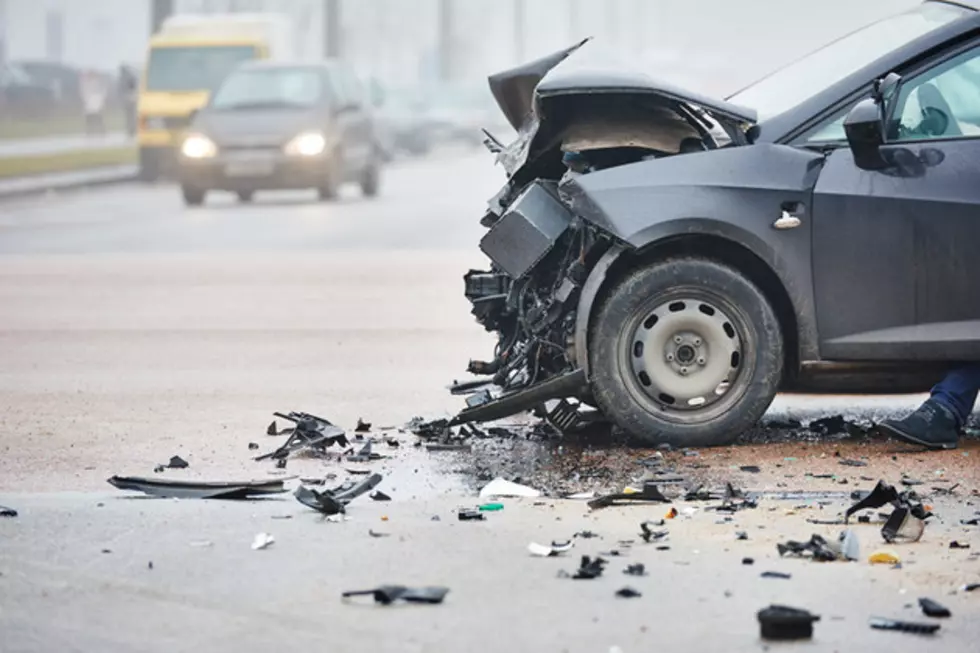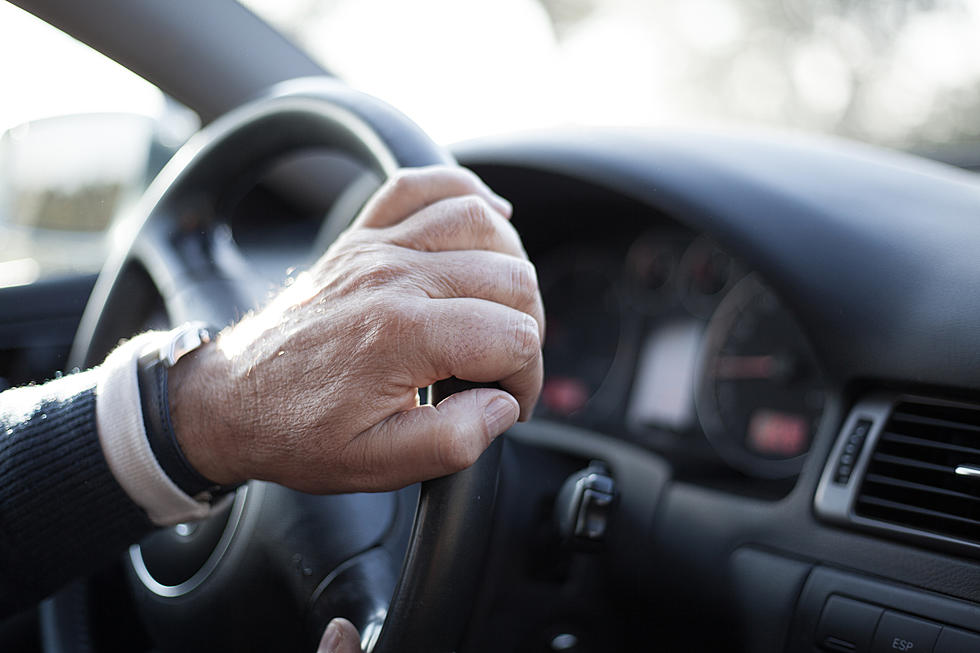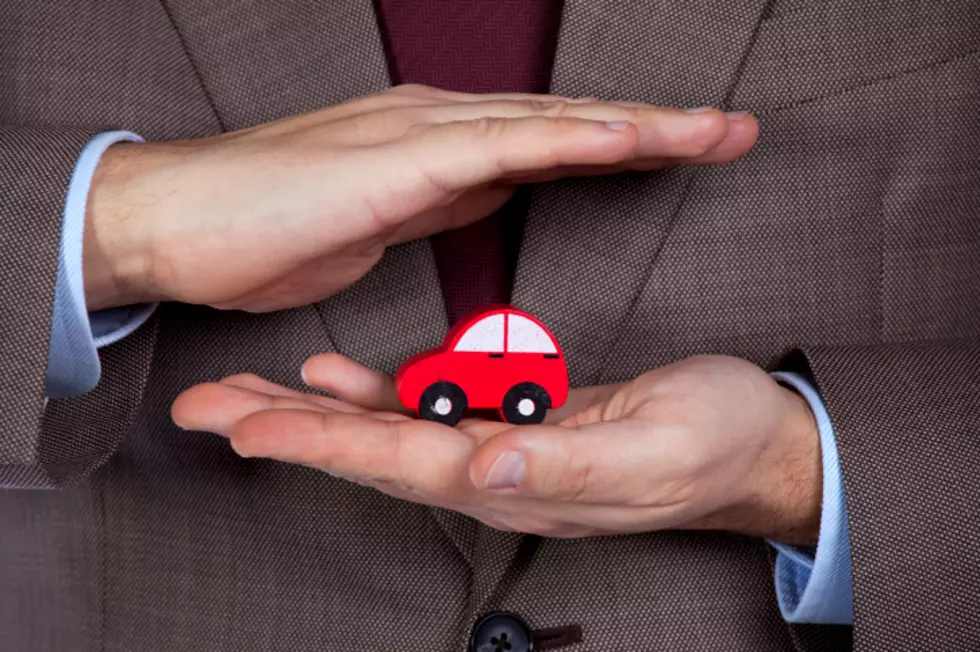
You’ve been in a car crash in NJ. What info should you exchange?
It happens almost like a video game flashing GAME OVER. Motorists driving along, each trying to reach their destinations on time, until they suddenly collide and everything comes, quite literally, to a screeching halt.
They pull over and make sure they and any passengers aren't hurt too badly. They stay at the scene, get out of their cars, and walk toward the other driver or drivers involved.
What happens next? When the trauma of a car crash strikes and brains are jumbled, methodical and necessary next steps can be forgotten — and that can come back to haunt a motorist.

Sad as it may seem, everyone should be prepared for this eventuality, according to Christine O'Brien, president of the Insurance Council of New Jersey, because on an annual basis, 1 out of every 5 drivers will be involved in some sort of scrape.
"Try to just keep calm, and be in the moment of the incident," O'Brien said. "Stop thinking about where you were trying to get to, who you need to call next, etc."
As O'Brien puts it, plans can be changed and meetings can be rescheduled, so in the majority of cases, care should be taken to call the police so a formal report can be filed.
That takes even more time out of the day, she said, but it winds up being worth everyone's time.
"That in the end prevents the 'he said, she said,' that no matter how minor the accident or how maybe clear it is to you who's at fault, the police report will better dictate who was at fault," O'Brien said.
If the parties mutually decide not to file a police report, O'Brien suggests they at least take pictures of their and each other's cars, as well as roadway signage and surroundings.
Some insurance providers may even allow their policyholders to upload those pictures directly to the company's app, to provide as accurate of a real-time portrait as possible.
By the way, it is illegal to get behind the wheel in New Jersey without having car insurance, but coverage for the law-abiding generally includes getting into a dustup with an uninsured or underinsured driver.
And those who are worried that their data might get into the wrong hands at the crash scene and wind up being used for malicious means should remember insurance companies keep things like vehicle registration, driver's license number, and home address on file.
"If you're nervous about letting the person that you're in an accident with, who's a complete stranger, (have) your personal information, simply exchange your insurance information so that the claim can be filed and processed accordingly," O'Brien said.
So O'Brien's advice is to keep that insurance card handy, and don't hesitate to share it.
"Even a minor fender-bender can ruffle your feathers for the day, but even a minor fender-bender merits exchanging information with the other drivers and people involved," she said.
Patrick Lavery is a reporter and anchor for New Jersey 101.5. You can reach him at patrick.lavery@townsquaremedia.com
Click here to contact an editor about feedback or a correction for this story.
States with the most registered hunters
RANKED: Here Are the 63 Smartest Dog Breeds
What would happen to NJ if we were attacked by nuclear weapons?
More From 94.3 The Point






